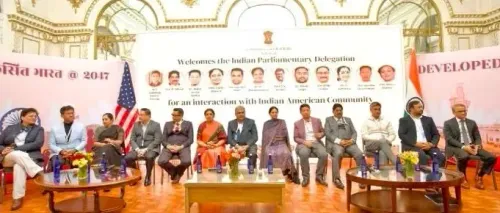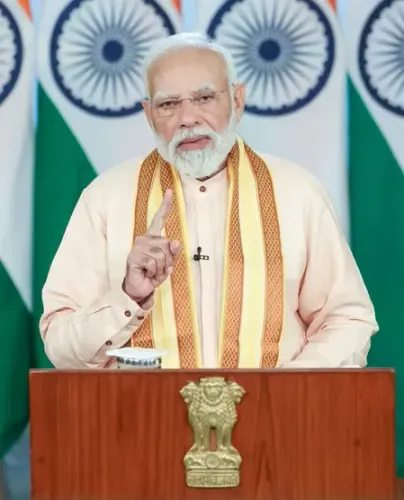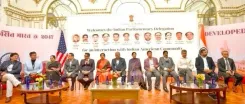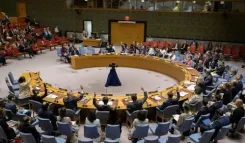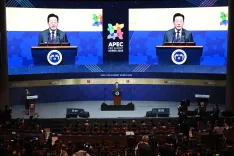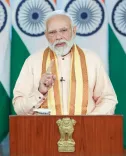Will there be a fight if the Constitution is altered? Kharge speaks on the 'Secular' debate
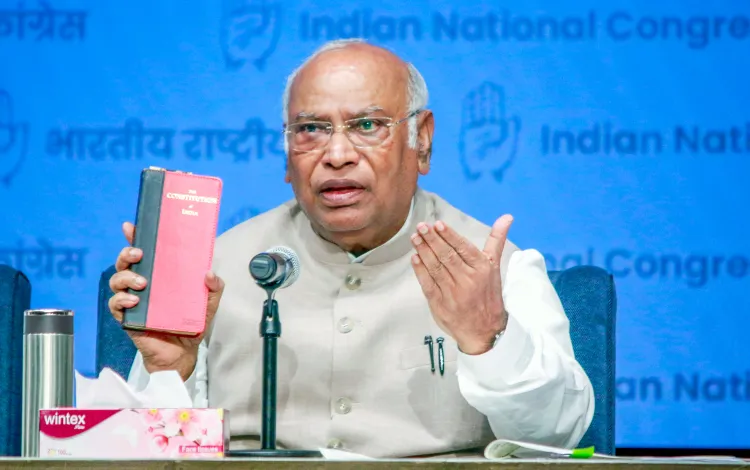
Synopsis
Key Takeaways
- Kharge's strong opposition to any changes in the Constitution.
- The significance of 'Socialist' and 'Secular' in India's democratic framework.
- Criticism of the RSS's stance on marginalized communities.
- The need for a national dialogue on the future of the Constitution.
- Addressing untouchability as a crucial social issue.
Bengaluru, June 30 (NationPress) In light of the controversy ignited by RSS General Secretary Dattatreya Hosabale's remarks regarding the potential removal of the terms 'Socialist' and 'Secular' from the Indian Constitution, AICC President Mallikarjun Kharge expressed on Monday that any modifications to the Constitution would face vehement resistance.
Addressing reporters in Bengaluru, Kharge asserted, “If they intend to alter any wording in the Constitution, we will fight tooth and nail.”
He further criticized Hosabale, stating, “Dattatreya Hosabale embodies the principles of Manusmriti. He is against the upliftment of the impoverished. He wishes to uphold practices that have persisted for millennia.”
Kharge continued, “His opposition to Socialism, secularism, liberty, equality, and fraternity reveals his disregard for these fundamental values. Therefore, there is little more I wish to say about him — it's a reflection of his party’s stance. The RSS has consistently opposed the interests of the marginalized, including the poor and Scheduled Castes.”
He added, “If their intentions were genuine, they would take steps to abolish untouchability. They claim to champion Hinduism; if so, they should act to eliminate untouchability.”
Kharge concluded by stating, “They should engage all RSS members in the mission to eradicate untouchability and foster national unity. Instead, they merely create noise and confusion, which is regrettable, and we stand firmly against it.”
This controversy was sparked when Hosabale remarked last week during an event in Delhi that “the words 'Secular' and 'Socialist' were added to the Constitution during the Emergency; they were not part of the original Preamble.”
He further contended, “These words were never removed, raising the question: Should they remain? A debate is warranted, as these two terms were absent from Babasaheb B.R. Ambedkar's Constitution, which was enacted during a time when Parliament was non-functional, and rights and judiciary were absent.”

